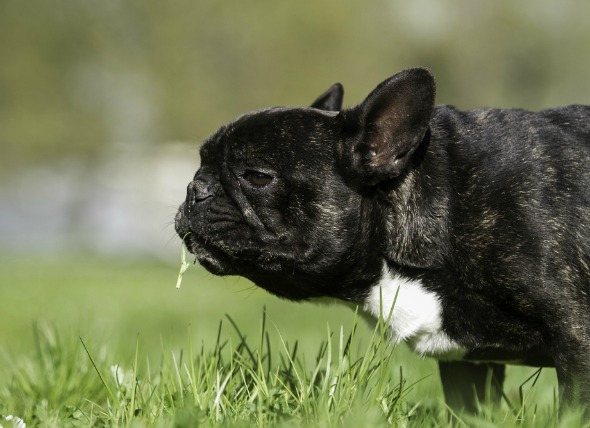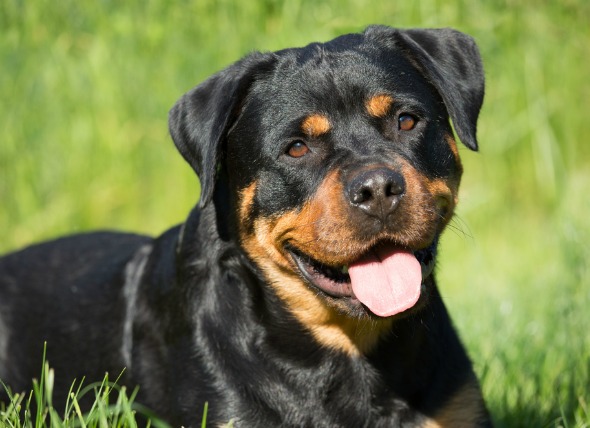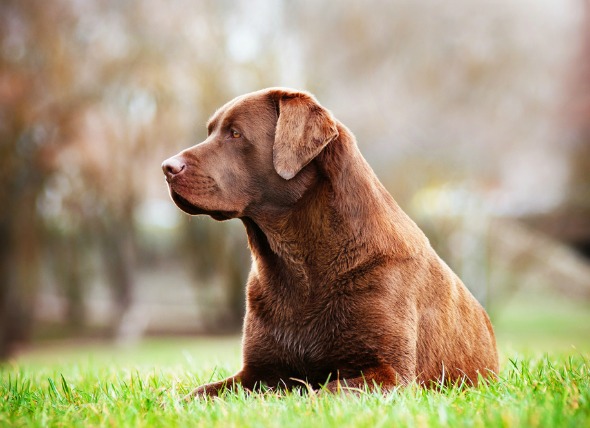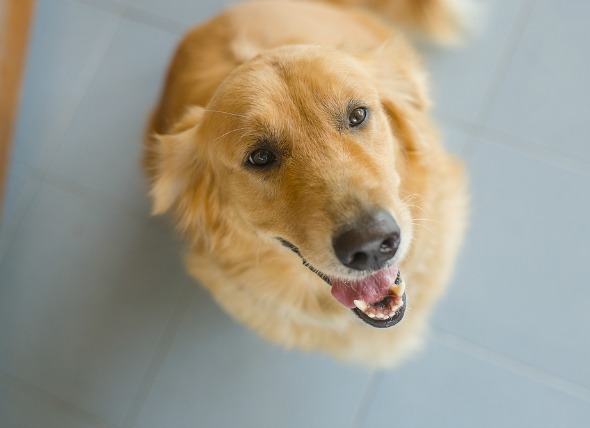

Pica is a medical issue referring to a dog's craving of a non-food item and the subsequent eating of said item. Coprophagia, meanwhile, is the eating and ingesting of feces.
Generally, neither of these conditions are the result of an underlying disease, however, it can occur. Fortunately, there are treatment options in these types of cases, or behavior modification practices that can be implemented if it is a non-medical issue.
The condition or disease described in this medical article can affect both dogs and cats. If you would like to learn more about how this disease affects cats, please visit this page in the PetMD health library.
WATCH: WHY DO DOGS EAT GRASS VIDEO
You may observe the dog eating dirt, clay, rocks, soap, or other items that can endanger the dog’s health. The largest organ system that is affected by this behavior is the gastrointestinal tract, especially if foreign objects are being swallowed. You may notice that the dog is vomiting, has loose stools, or has diarrhea. There may be weakness and lethargy in the dog.
There are several possible causes of dogs eating feces or other non-food items, including malnutrition, vitamin deficiency, increased appetite, or conditions such as diabetes, or thyroid disease. Parasites can be another of the causes for this behavior.
Sometimes a dog will eat their feces if there are undigested articles of food in their stool. Mothers with newborns will also commonly eat the feces of their newborns. As such, puppies may eat feces as an observation of the mother's behavior or as part of exploration. In addition, a dog may eat feces as a response to recent punishment, to get attention or because it desires to clean its environmental area
Medical Causes:
Your veterinarian will be looking to distinguish between medical and behavioral causes. A full physical examination will be recommended to rule out underlying medical causes. If it is not due to a medical condition, the veterinarian will conduct a full history on the dog, including its diet and appetite, handling practices, and information about its environment. This will assist the veterinarian in developing a proper treatment plan.
The treatment will also depend on whether the underlying cause is medical or behavioral in nature. For instance, if it is behavioral in nature, your veterinarian may recommend changing the dog's environment or using forms of behavior modification, such as a muzzle. Moreover, limit the dog's access to any non-food items in the home.
Follow up is recommended during the first few months following the initial treatment of the dog.
Prevention of this type of behavior will require limiting the dog's access to non-food items, or applying a bitter or pungent taste to such items to discourage regular consumption or chewing. Keeping the dog's area clean and disposing of waste promptly will also bar the dog's access to feces.
In addition, dietary needs must be met to be sure that the dog is being supplied with all of its vitamin and nutritional needs, and to be sure that the dog is being fed the required amount of food.
 Coonhound Paralysis In Dogs
Idiopathic Polyradiculoneuritis in Dogs
Acute can
Coonhound Paralysis In Dogs
Idiopathic Polyradiculoneuritis in Dogs
Acute can
 Acne in Dogs
Pustules in Dogs
Much like in teenage humans, acn
Acne in Dogs
Pustules in Dogs
Much like in teenage humans, acn
 Fatty Tissue Tumor (Benign) in Dogs
Infiltrative Lipoma in Dogs
Infiltrative lipoma i
Fatty Tissue Tumor (Benign) in Dogs
Infiltrative Lipoma in Dogs
Infiltrative lipoma i
 Noisy Breathing in Dogs
Stertor and Stridor in Dogs
Unusually loud breath
Noisy Breathing in Dogs
Stertor and Stridor in Dogs
Unusually loud breath
 Chemical Imbalance of Urine in Dogs
Hyposthenuria in Dogs
The normal concentration an
Chemical Imbalance of Urine in Dogs
Hyposthenuria in Dogs
The normal concentration an
Copyright © 2005-2016 Pet Information All Rights Reserved
Contact us: www162date@outlook.com